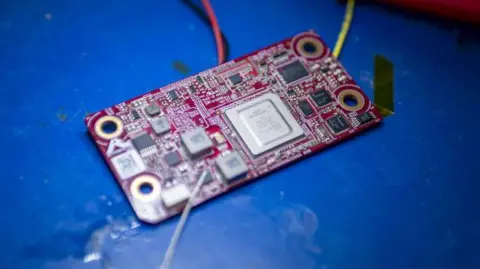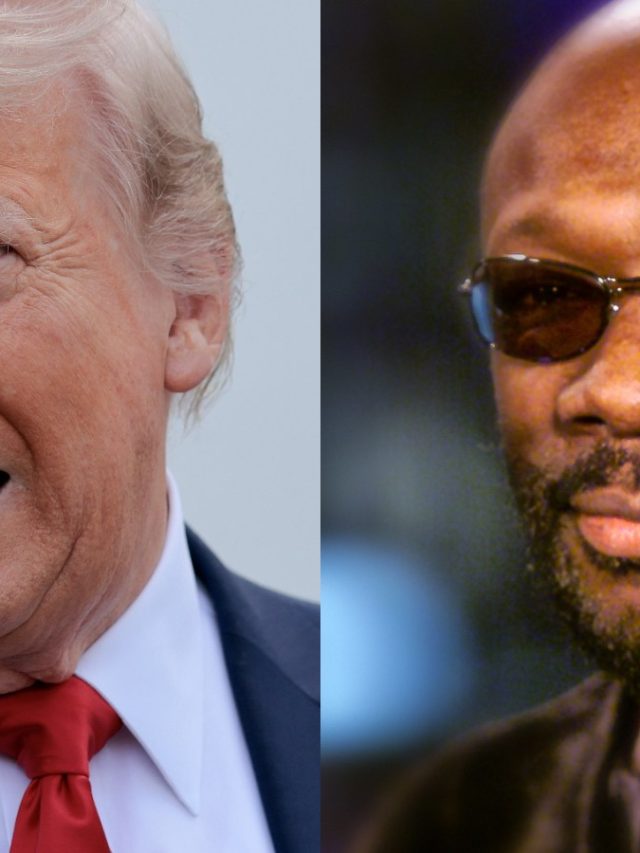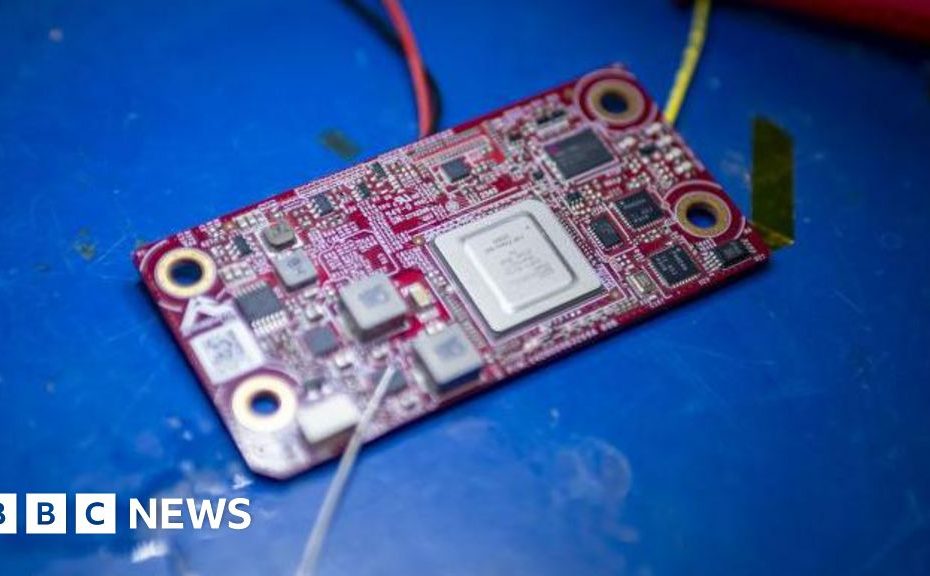U.S. crackdown on AI chip exports causes resistance
 Getty Images
Getty ImagesThe United States is moving to impose tough new restrictions on the export of advanced computer chips and other artificial intelligence (AI) technology to dozens of countries, not just a handful it has long identified as adversaries.
Officials said the new rules are intended to ensure “the world's artificial intelligence operates in U.S. orbit” and prevent it from falling into the hands of “malign actors” who could use it to threaten the United States.
The Biden administration said 18 allies and partners, including Britain, are exempt from these restrictions.
The announcement, announced just days before President Joe Biden leaves office, drew fierce criticism from some of America's top tech companies, who warned the move would only help rivals.
The United States said: “If in the wrong hands, powerful artificial intelligence systems have the potential to exacerbate significant national security risks, including promoting the development of weapons of mass destruction, supporting powerful offensive cyber operations, and assisting human rights abuses such as mass surveillance. .” the Commerce Department said on Monday.
Chipmaker Nvidia, one of the companies whose business will be most affected by the plan, said that if implemented, the plan would not “mitigate any threat” and would only “undermine the United States' global competitiveness” and undermine its innovation.
“The Biden administration's new rules risk squandering America's hard-won technological advantages by attempting to manipulate market outcomes and stifle competition, the lifeblood of innovation,” the company said.
There will be a 120-day comment period before new restrictions take effect.
Exports to countries such as China, Russia and Iran already face tight controls.
The new rules cap the export of certain technologies to most countries around the world and require U.S. companies to obtain authorization to sell in those countries.
Washington's closest allies would be exempt from these restrictions.
Orders under a certain computing power level also do not require a license and do not count toward the program's cap. The Biden administration said most orders, such as those from universities or medical institutions, fall below the 1,700 advanced GPU threshold.
The rules also outline procedures for foreign governments to sign agreements in exchange for looser restrictions.
Biden administration officials said they have discussed the rules with the incoming administration.
But Jonathan Kewley, co-head of Clifford Chance's technology team, said he doesn't think the rules will continue after Trump takes office, noting that one of Trump's main campaign promises was to change the government's approach to artificial intelligence method of supervision.
“There is no doubt that the Trump administration will roll back many of the policies proposed by Biden,” he said. “American innovation and growth will play a huge role, but there are also flaws in the approach to AI regulation.”
The Information Technology and Innovation Foundation, a technology policy think tank, said it believed the United States would be better served by a strategy focused on competition rather than “containment.”
Vice President Daniel Castro said: “By forcing other countries to choose between the United States and China, the administration risks alienating key partners and inadvertently strengthening China’s position in the global AI ecosystem.”
“Faced with such an ultimatum, many countries are likely to choose the side that gives them uninterrupted access to artificial intelligence technologies that are critical to their economic growth and digital future.”











